50 Sentence Stems for Reading Critically
Critical reading is about gathering knowledge, understanding context, and seeing ideas from multiple perspectives to make sense of a text.
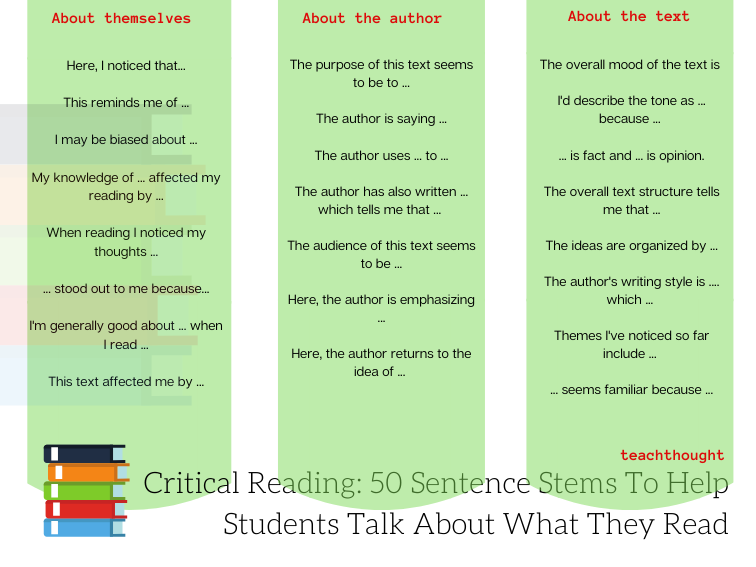
Critical reading is about gathering knowledge, understanding context, and seeing ideas from multiple perspectives to make sense of a text.
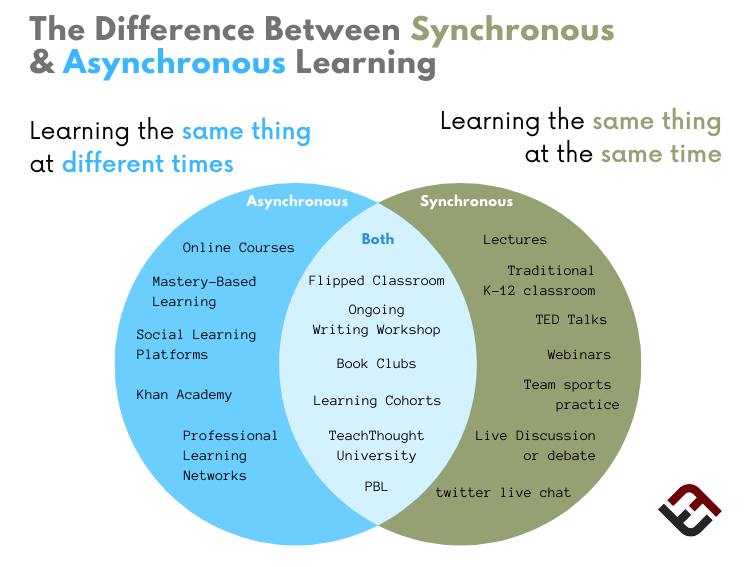
While there are always exceptions and variations, the overarching theme of Asynchronous Learning is independence.
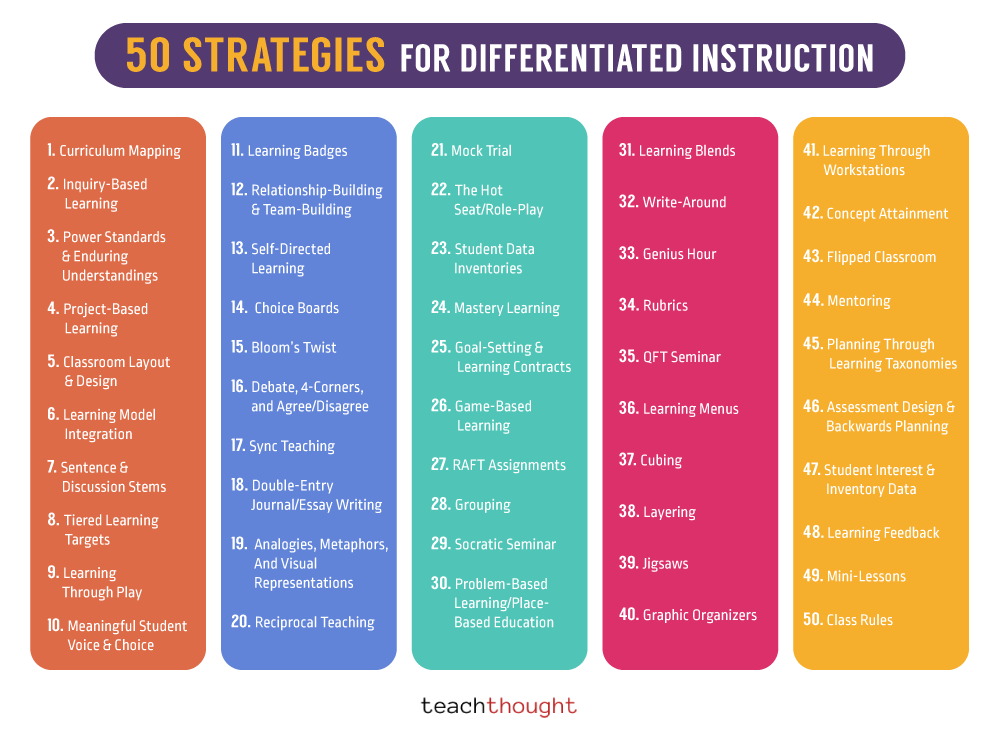
Differentiation is a rational approach to meeting the needs of students but actually making it happen in the classroom can be a challenge.
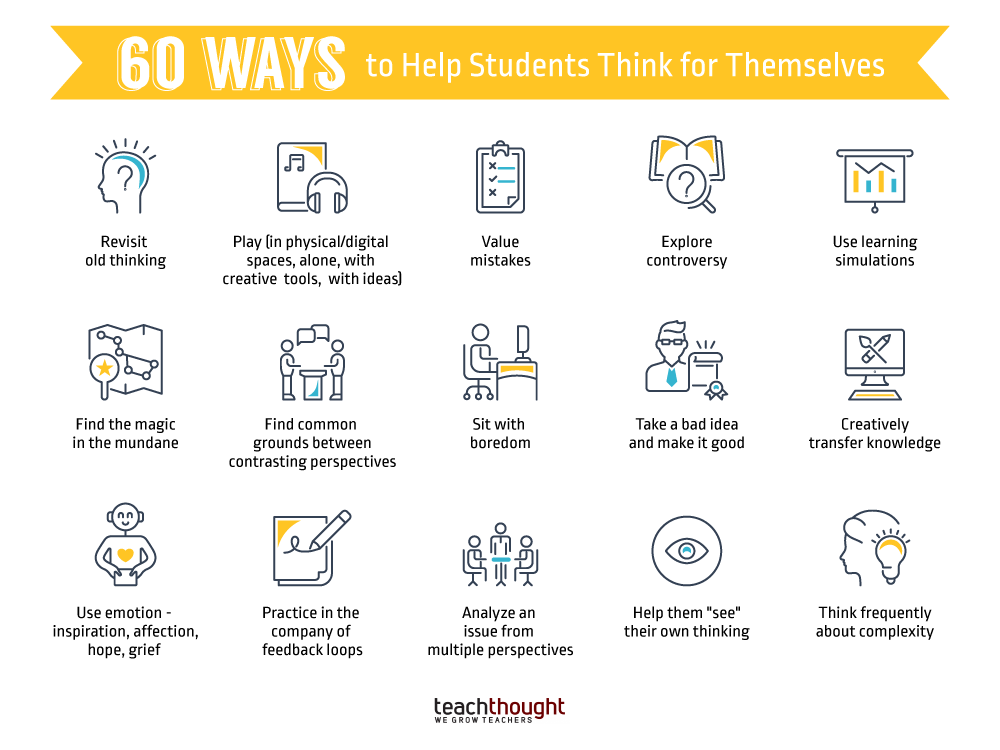
There are many ways to help students think for themselves. Guide them to dynamic spaces characterized by people, thought, and creativity.
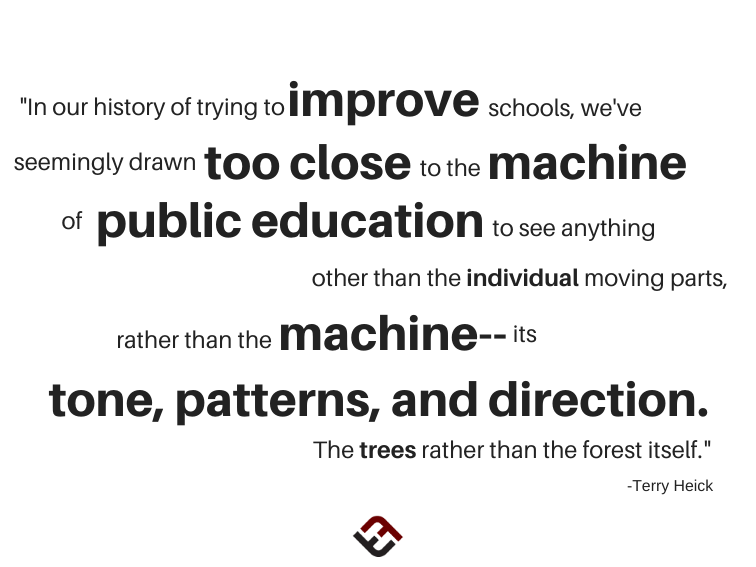
Education is both tired of change, and evaporating without it. Here are ways to future-proof your teaching to ‘evolve smarter,’ not ‘harder.’
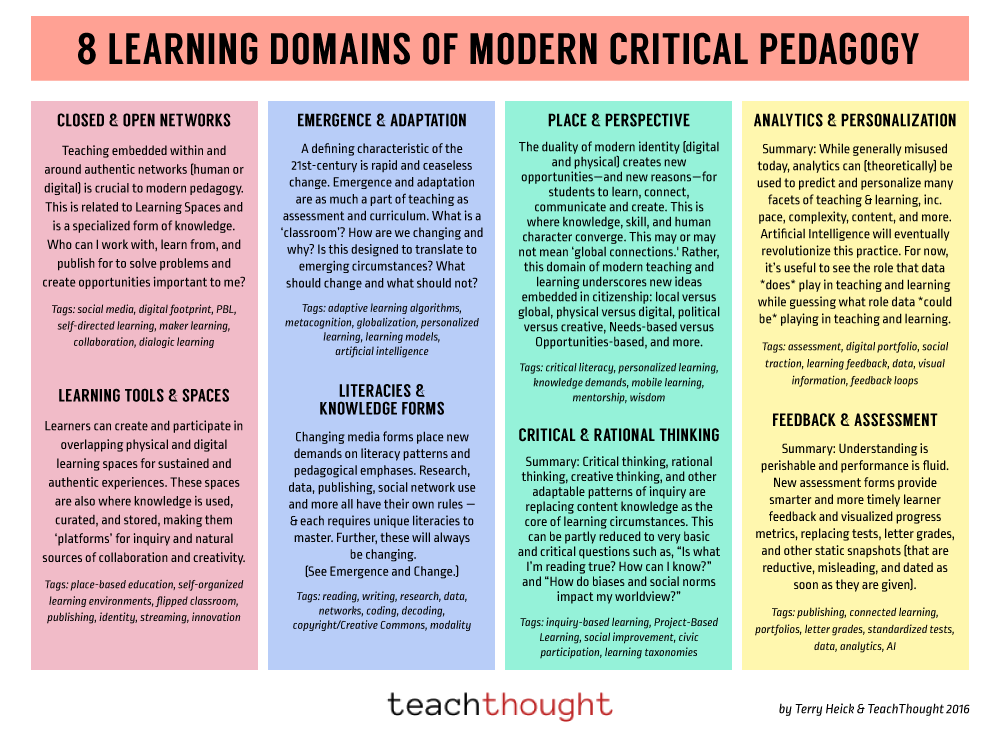
How has teaching changed? What is 21st century pedagogy? Key elements include analytics, personalization, place, and perspective.

All of this money and effort is the kind of energy that keeps education going. But ‘keeping it going’ is also kind of the problem.
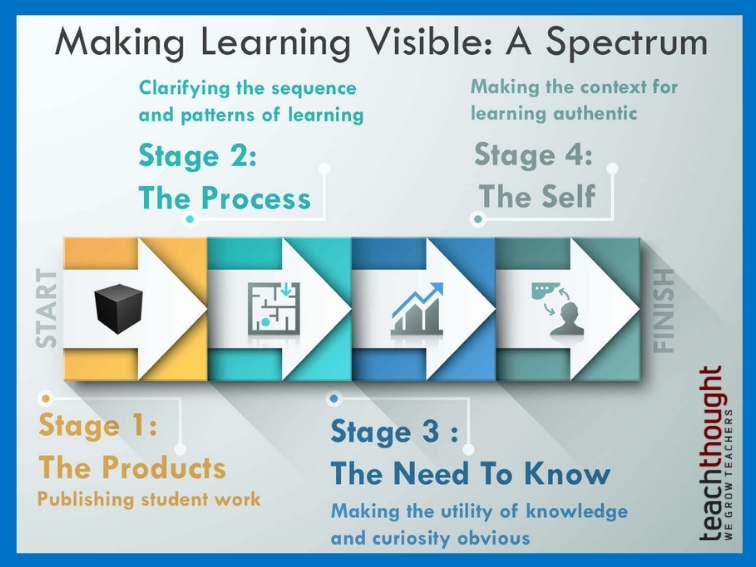
As we make learning visible, the process and sequence of learning is illuminated. This helps students see understanding as always evolving.
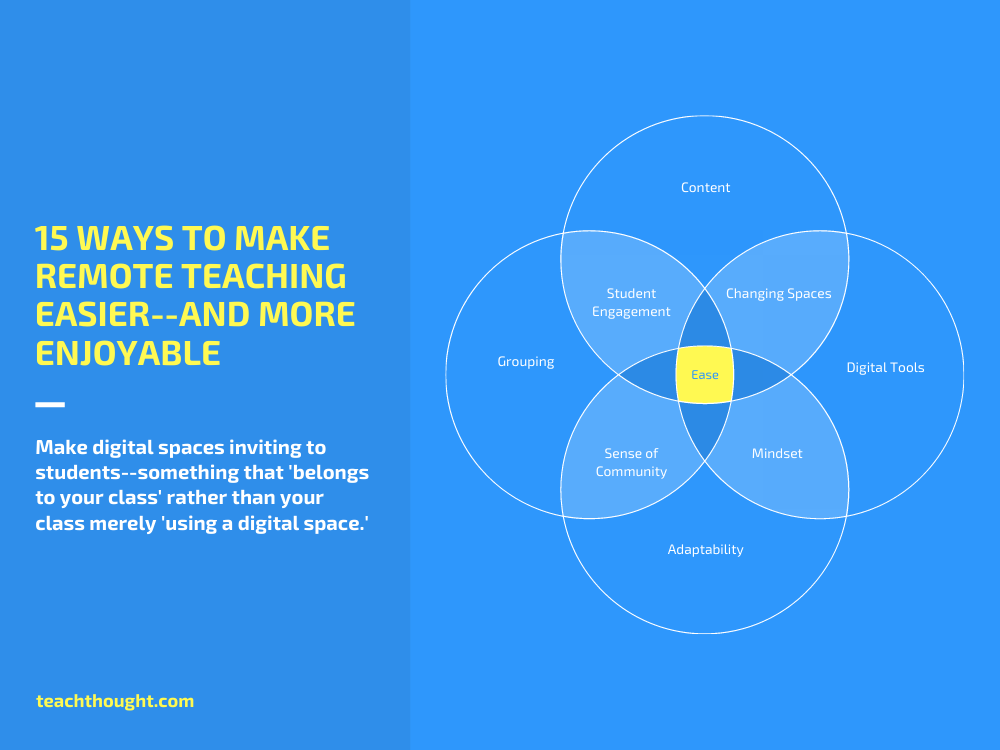
Make digital spaces inviting to students–something that ‘belongs to your class’ rather than your class merely ‘using a digital space.’
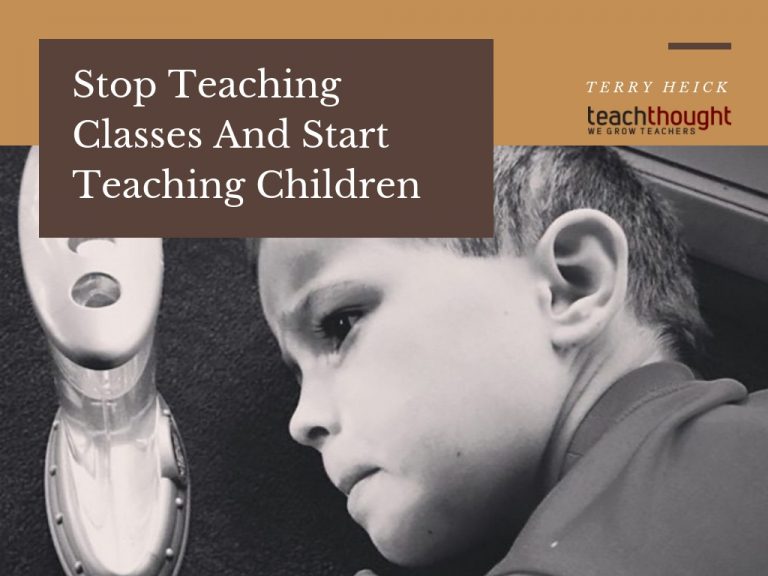
Give me a curriculum based on people–based on their habits and thinking patterns in their native places and a genuine need to understand.
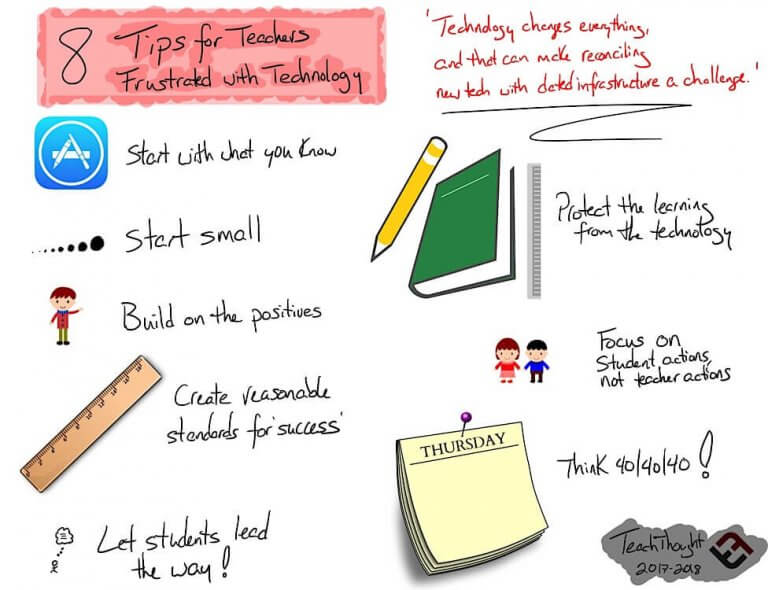
Integrating technology into teaching and learning is like adding electricity to architectural design: embedded from the beginning.
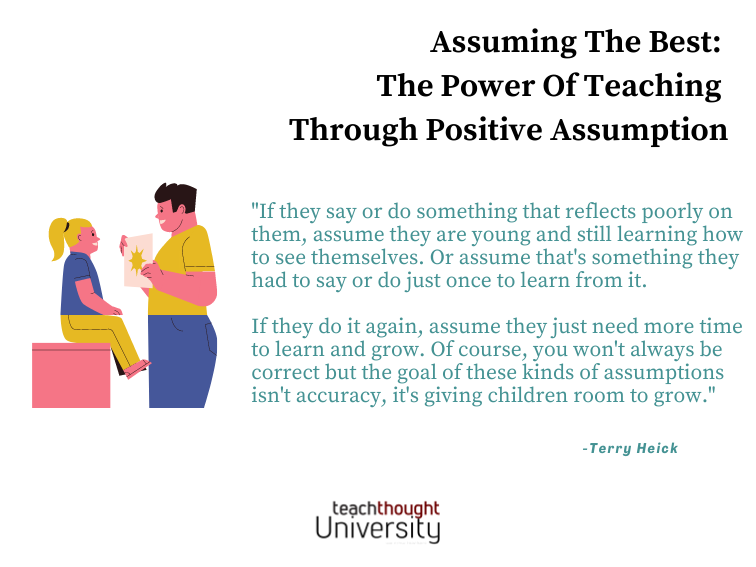
Of course, you won’t always be correct but the goal of these kinds of positive assumptions isn’t accuracy, it’s giving children room to grow.